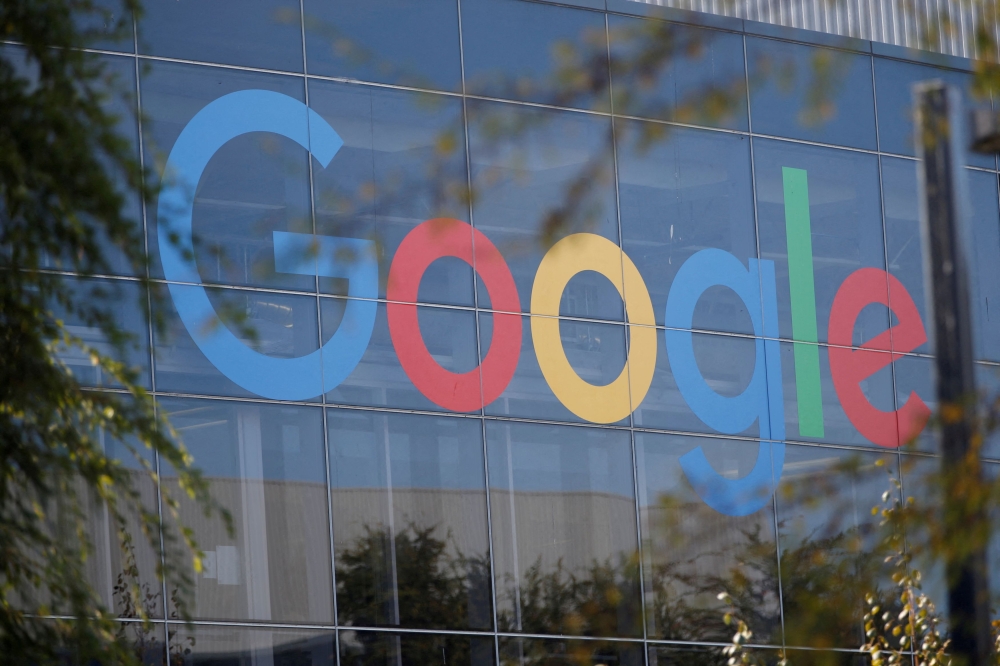Google has strongly opposed a proposal from Meta to use app store data for verifying users’ ages, calling the method ineffective and risky for children’s privacy. In a blog post published Friday, the tech giant warned that such a system would force the unnecessary sharing of personal age data with millions of app developers, even those offering simple, non-sensitive apps like flashlights.
The proposal, backed by Meta (parent company of Facebook and Instagram), aims to restrict minors’ access to age-inappropriate content. However, Google argues that the approach would fail to protect underage users who access content via desktops, browsers, or shared devices, beyond the scope of mobile app stores like the Google Play Store and Apple’s App Store.
Apple also rejected Meta’s proposal, stating in February that such measures should target the specific websites and apps hosting age-restricted content, not operating systems or app stores.
Meta, on the other hand, has been campaigning for EU-wide regulation that mandates age verification at the app store or OS level, citing teen safety and exposure to harmful content.
However, under the EU’s Digital Services Act (DSA), which came into effect last year, the responsibility lies with the platforms themselves, like Facebook and Instagram to verify user ages.
Google also criticized the broader implications of Meta’s plan, saying it would require reengineering core internet protocols and could undermine the decentralized structure of the web.

